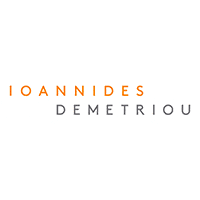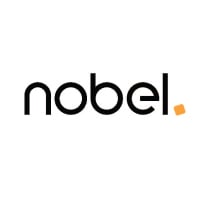

Head of legal | Logicom Public Limited





Thanasis Liasides
Head of legal | Logicom Public Limited
What are the key projects that you have been involved in over the past 12 months?
A key recent project I participated in was the submission of a takeover bid to the shareholders of another company (the target), a public company whose shares are listed in the Cyprus Stock Exchange. The submission of the takeover bid was triggered by a prior acquisition of a particular shareholding in the target. In this project, I collaborated closely with external advisors and internal stakeholders to complete the triggering acquisition and the takeover bid, to provide regulatory guidance, to prepare documentation, to supervise the procedure of obtaining the necessary approvals from authorities and negotiations with counterparties and regulators.
What do you think are the most important attributes for a modern in-house counsel to possess?
In-house counsel are, and should see themselves, as an integral part of their organisations. Their work is not isolated nor detached from the main (in most cases) purpose of their organisation: to be and remain profitable. As such, modern in-house counsels should aim to contribute to the achievement of their organisation’s strategic goals by being enablers of business. Being an enabler, undoubtedly, requires in-house counsel to be commercially aware by being able to identify risks and assist (sometimes in collaboration with other functions) in implementing mechanisms aimed at managing these risks. It is always easier to adopt a hardline, zero-risk, and rigid approach, but such an approach seldom provides any value to organisations, since counterparties usually react unfavorably, leading to loss of business.
However, being an enabler does not mean that in-house counsels should accept all risks they are faced with in the altar of enabling sales. To the contrary, being an enabler requires mastery of the relevant legal framework which will allow in-house counsels to come up with innovative ways to reduce risks to an acceptable, for their organisations, level and to ring-fence the vital interests of their organisations.
How do you prioritise diversity and inclusion within your legal department, and what initiatives have you implemented to foster a more inclusive work environment?
Truly innovative results emerge when people with different characteristics, backgrounds, experiences, and perspectives come together to collaborate and create. This diversity of thought drives innovation, strengthens decision-making, and builds a more resilient, forward-thinking legal department. That is why diversity and inclusion are important values built-in the culture of our legal department aimed at creating a sense of belonging for every single member of the team. Everything starts at the time of recruitment, where inclusive hiring practices are employed to evaluate and assess candidates. Equally important is to enable flexible work arrangements which acknowledge and account for the diverse needs of the team members and to encourage team members to voice any concerns they may have without fear of repercussion or victimisation. It goes without saying that any form of harassment or discrimination based on the personal characteristics of a team member is prohibited and such complaints, if any, are addressed with the utmost seriousness.